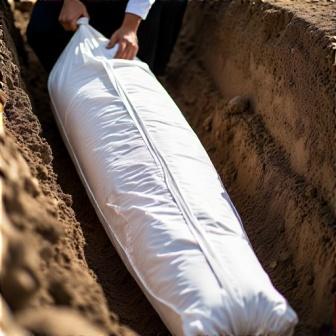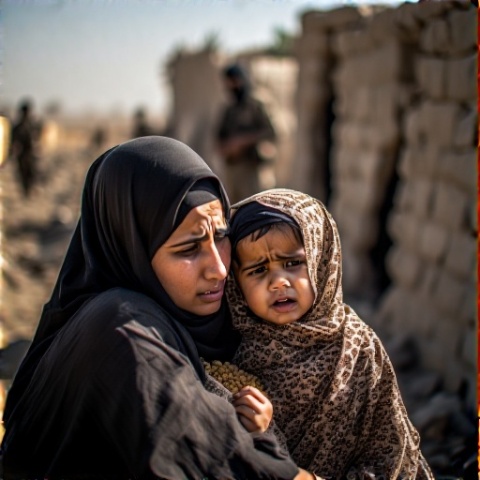Welcoming a child is one of life’s greatest blessings. In Islam, this joy is marked by Aqeeqah—a Sunnah practice involving sacrifice, charity, and gratitude. This article explores the purpose, timing, and method of Aqeeqah, grounded in the Quran and Hadith.
What Is Aqeeqah? Definition and Significance
Aqeeqah (عقيقة) is an Islamic ritual performed after the birth of a child. It involves sacrificing livestock, shaving the baby’s head, and giving charity. While not obligatory, it is a highly recommended Sunnah (tradition of the Prophet Muhammad ﷺ).
Quranic Connection
Though not directly mentioned in the Quran, Aqeeqah aligns with broader Islamic principles of gratitude and charity. For instance:
Surah Al-Kawthar, 108:2
فَصَلِّ لِرَبِّكَ وَٱنۡحَرۡ
So pray to your Lord and sacrifice [to Him alone].
[108:2]
This verse underscores the importance of sacrifice as an act of worship, a principle central to Aqeeqah.
When to Perform Aqeeqah: Timings and Flexibility
Ideal Timing
The Prophet ﷺ said:
“Every child is in pledge for their Aqeeqah, which should be sacrificed on their behalf on the seventh day, their head shaved, and a name given.”
(Sunan Abi Dawud, Hadith 2838)
- 7th day after birth: Preferred time for sacrifice, head-shaving, and naming.
- Alternative days: If missed, perform on the 14th, 21st, or any day before puberty.
Adult Aqeeqah
If parents couldn’t perform Aqeeqah, adults may do it themselves. Scholars like Imam Ahmad permitted this, stating:
“If someone performs Aqeeqah as an adult, I do not discourage it.”
(IslamQA)
How to Perform Aqeeqah: Step-by-Step Guide
Step 1: Sacrificing the Animal
- Quantity:
- 2 sheep/goats for a boy.
- 1 sheep/goat for a girl.
- Hadith: Aisha (RA) narrated:
“The Messenger of Allah ﷺ commanded us to sacrifice two sheep for a boy’s Aqeeqah and one for a girl.”
(Sunan Ibn Majah, Hadith 3163)
- Conditions:
- Animals must be healthy and meet Islamic slaughter standards.
Step 2: Shaving the Head
- Shave the baby’s head on the 7th day.
- Donate silver/gold equivalent to the hair’s weight to the poor.
- Example: Fatimah (RA) donated silver equal to Hasan and Husayn’s hair weight (Muwatta Malik, Hadith 1124).
Step 3: Naming the Child
- Choose a meaningful name. The Prophet ﷺ named his grandson Hasan (“good”) and Husayn (“little good”).
Step 4: Distributing the Meat
- Divide into three parts:
- Family consumption.
- Relatives and friends.
- The needy.
Purpose and Benefits of Aqeeqah
Spiritual Benefits
- Protection from harm: The Prophet ﷺ said Aqeeqah safeguards the child from adversity (Sunan Ibn Majah, Hadith 3165).
- Expression of gratitude: Aqeeqah thanks Allah for the child’s safe arrival.
Social Benefits
- Strengthens community bonds through shared meals.
- Supports the less fortunate via charity.
A Call to Preserve Sunnah
Aqeeqah is a timeless tradition that nurtures gratitude, charity, and community. As you welcome your child, ask: How can I honor this blessing in a way that pleases Allah?







